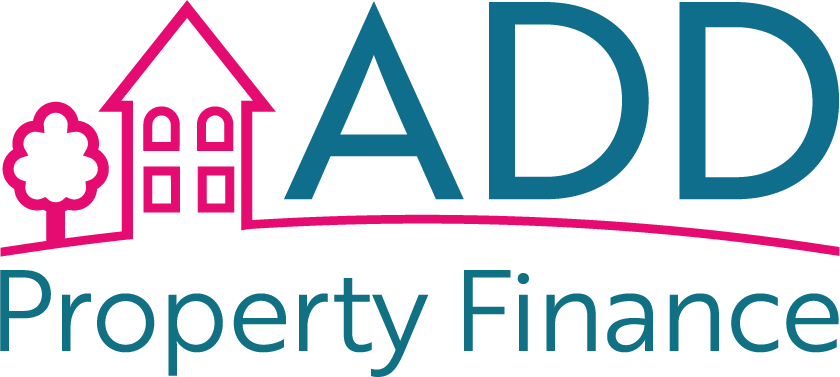Investing in commercial properties can be a lucrative venture, offering the potential for substantial returns. However, to ensure a profitable investment, property investors must not only choose the right property but also employ effective financing strategies. Calculating Return on Investment (ROI) is a crucial step in assessing the profitability of a commercial property. In this article, we’ll explore how property investors can use commercial mortgages to maximise ROI on their commercial property investments.
Understanding ROI: A Brief Overview
ROI is a fundamental financial metric that measures the profitability of an investment. It represents the ratio of net profit generated by an investment to the initial capital invested. For commercial property investors, ROI is a vital tool for evaluating the performance of their investments and making informed decisions.
Calculating ROI: The Basic Formula
The formula for calculating ROI is straightforward:
ROI = (Net Profit / Initial Investment) x 100
- Net Profit: This includes rental income, minus operating expenses (such as property management, maintenance, and taxes), and any mortgage interest paid.
- Initial Investment: This encompasses the property’s purchase price, closing costs, and any necessary renovations or improvements.
Maximising ROI with Commercial Mortgages
Effective financing plays a pivotal role in enhancing ROI on commercial property investments. Here are strategies and insights for property investors:
1. Leverage Commercial Mortgages
- Higher Leverage: Commercial mortgages allow investors to leverage their initial investment, enabling the purchase of more valuable properties.
- Lower Capital Outlay: With a commercial mortgage, investors can acquire properties with a smaller upfront cash requirement, which can significantly impact ROI calculations.
2. Competitive Interest Rates
- Shop Around: Investigate various lenders to secure the most competitive interest rates and terms, as lower interest rates can increase ROI.
3. Evaluate Property Cash Flow
- Positive Cash Flow: Choose properties that generate positive cash flow (income exceeds expenses) to ensure consistent returns.
- Account for Mortgage Payments: Include mortgage payments in your expense calculations, as they impact cash flow and ROI.
4. Consider Property Appreciation
- Market Trends: Invest in areas with strong potential for property appreciation, as this can significantly boost ROI when you decide to sell.
5. Professional Property Management
- Efficient Operations: Hire experienced property managers to maintain your property efficiently and reduce operating expenses, thereby increasing ROI.
6. Tax Benefits
- Explore Tax Deductions: Investigate available tax deductions related to your commercial property investment, as these can enhance ROI.
7. Plan for the Long Term
- Long-Term Hold: Consider holding onto the property for an extended period to benefit from compounding property value and increased rental income over time.
8. Regularly Review Financing
- Refinancing Opportunities: Keep an eye on the market for refinancing opportunities that can lead to lower interest rates, reducing expenses and increasing ROI.
Conclusion: A Strategic Approach to ROI
Calculating ROI on commercial property investments requires a strategic approach that encompasses effective financing, operational efficiency, and a long-term vision. Commercial mortgages are valuable tools for property investors, allowing them to leverage their capital and maximise returns.
Investors should conduct thorough due diligence, consult with financial experts, and consider various financing options to make informed decisions. By carefully evaluating potential properties and adopting sound financial practices, property investors can harness the power of commercial mortgages to achieve their ROI goals and build a profitable commercial property portfolio.







